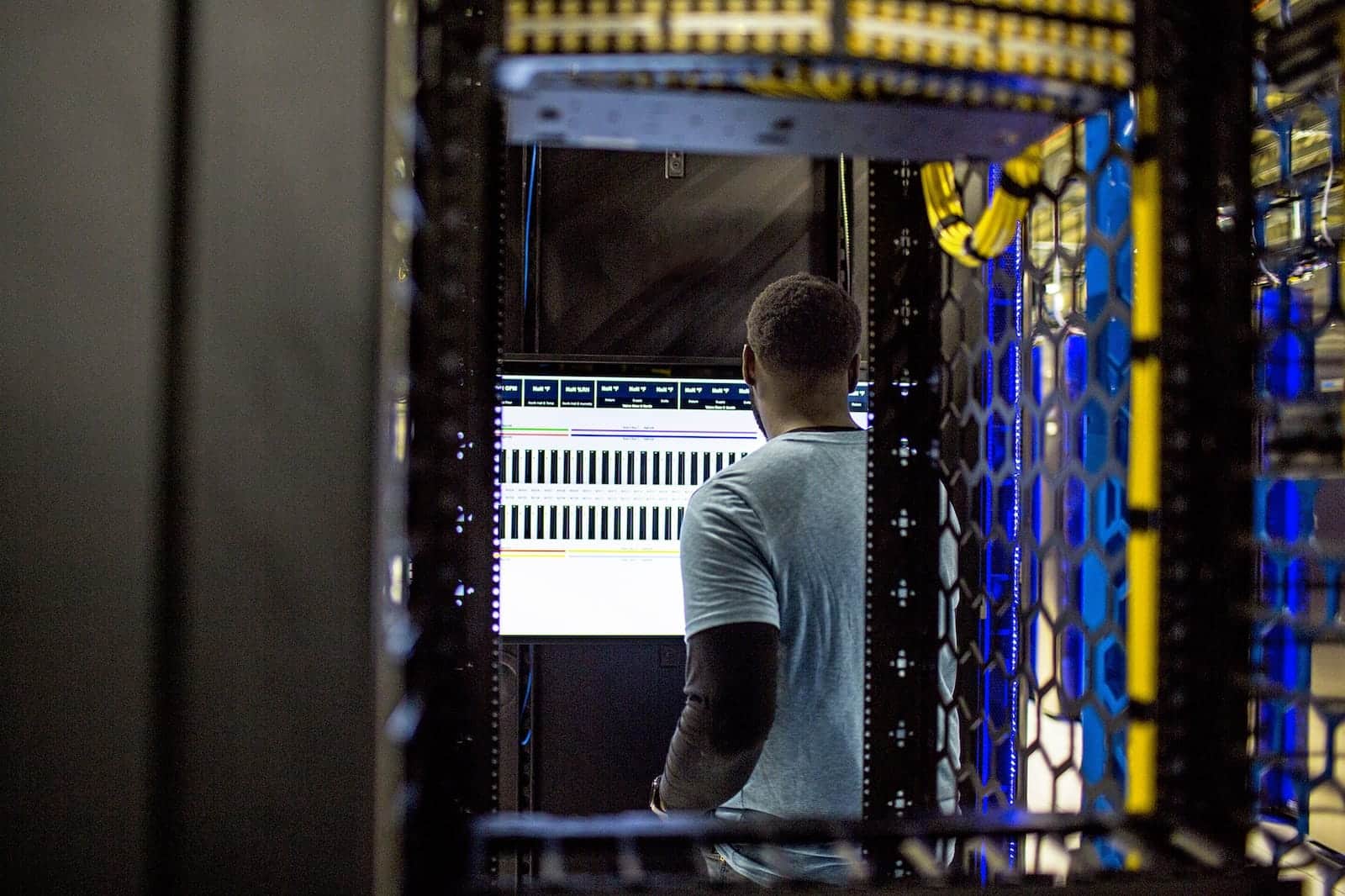Microsoft has announced an ambitious plan to invest 80 billion dollars in AI-enabled data centers during fiscal year 2025, marking a significant increase from its capital expenditure of 53 billion dollars in 2023. This move reinforces the company’s commitment to the development and deployment of large-scale AI technologies.
Infrastructure as the Foundation of AI Innovation
Microsoft President Brad Smith announced the news in a blog post, highlighting the importance of data infrastructure for advancing AI. Smith stated that these investments will enable Microsoft to continue training advanced models and offer AI-based applications and cloud services worldwide. More than 50% of this investment will be allocated to building data centers in the United States, underscoring the company’s confidence in the American economy.
Smith emphasized that the progress of companies like OpenAI, Anthropic, and xAI would not be possible without significant investments in infrastructure. Microsoft, which has invested billions in OpenAI over the past two years, aims to strengthen its position as a leader in this field and as a service provider for models like ChatGPT.
Massive Expansion of Data Centers
Microsoft’s capacity already includes over 5GW in infrastructure, with plans to add an additional 1.5GW in 2025. However, the growing computational requirements of OpenAI, one of its key partners, are leading both companies to explore new expansions, including the construction of a mega data centerA data center or data processing center … known as Stargate, with a projected capacity of 5GW by 2028.
The Tech Race Between the U.S. and China
Smith used the announcement to emphasize the need for the United States to take strategic actions in the race for AI dominance against China. In his post, he highlighted how China has utilized government subsidies and aggressive strategies to consolidate its influence in emerging markets, citing examples from the telecommunications sector where Huawei has outpaced Western competitors like Nokia and Ericsson in many developing countries.
The Microsoft president warned that China could replicate this approach in the field of AI by offering subsidized access to chips and building local data centers in developing countries. This could entrenched these nations’ dependence on Chinese AI platforms in the long run.
A Strategy to Lead Global AI
Smith urged the United States and its allies to promote high-level cybersecurityCybersecurity solutions are essential in the current era… and physical security standards for data centers, emphasizing that U.S. infrastructure, such as that offered by Microsoft, is superior to that of its competitors. He stressed that the response should not be to complain about competition but to outpace it through swift and effective action.
“The best path for the United States is to ensure it wins the race ahead. This requires us to promote U.S. AI as a superior alternative and work closely with our allies,” Smith stated.
Implications of the Investment
Microsoft’s bet on AI reflects a strategic shift towards strengthening global infrastructure, not just to meet growing technological demands but also to bolster its position against rivals like China. At the same time, this plan enhances the importance of collaboration between governments and companies to establish global standards in technology and security.
With 80 billion dollars at stake, 2025 will be a crucial year for Microsoft and its role in shaping the future of AI. This massive investment will not only redefine the tech landscape but will also mark a critical point in the geopolitical competition for leadership in artificial intelligence.
via: DCD

